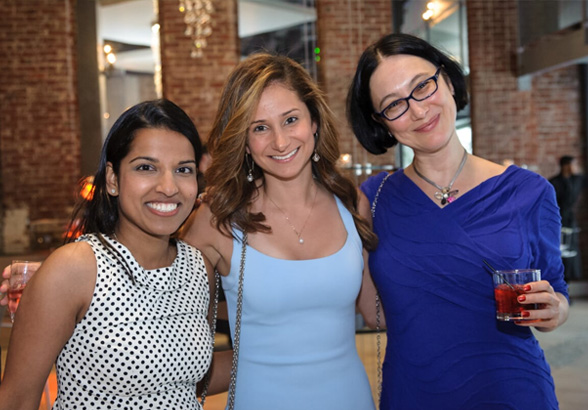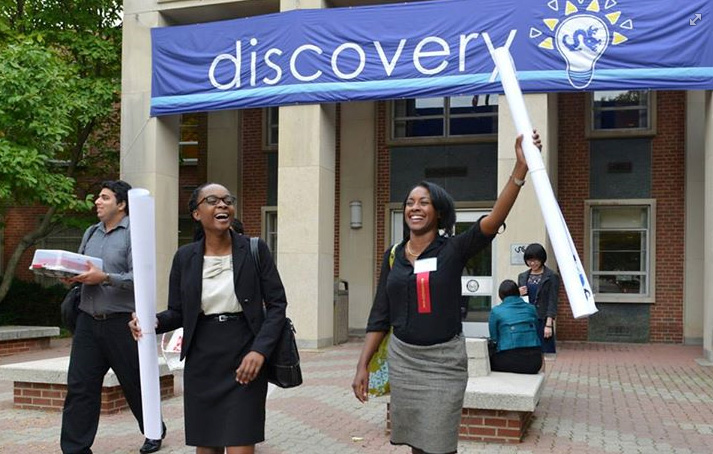
Each one of us contributes to and is responsible for creating a welcoming, productive work environment at the College of Medicine. The Office of Community Health and Inclusive Excellence in conjunction with the Office of Faculty and the Office of Student Affairs, as well as the committees of both Graduate Medical Education and Biomedical Graduate Education collaborate in the development of training sessions, workshops to promote skills in team building, and events to promote awareness of the range of talent we have at Drexel.
CLINICIANS and CLINCIANS TO BE
Physicians take an oath to “do no harm.” Academic health centers similarly have a duty to do no harm to society. To deliver appropriate and outstanding care to an ever-changing society, the College of Medicine recruits culturally informed, future physicians who are the best and brightest.
Our graduates demonstrate humility and competency in the cultural aspects of health care. Drexel University College of Medicine has historically been a college of opportunity. We enabled talented candidates to become doctors when others would not, including those who have been historically excluded, socioeconomically disadvantaged, and those who did not fit the “mold.” We proudly continue this tradition by educating those underrepresented in medicine, including women, racial and ethnic minorities, veterans and students of nontraditional, LGBTQA, rural and financially disadvantaged backgrounds.
We engage multiple boards, bodies and regulatory agencies to ensure that everyone has fair representation, and those include the Equal Employment Opportunity Commission (EEOC), Americans with Disabilities Act (ADA), Liaison Committee on Medical Education (LCME), Accreditation Council for Graduate Medical Education (ACGME) and others. Not only do we comply with these regulations, we strive to excel at them.
Prevailing research in the business sector shows that inclusive workplaces are more productive and have better outcomes. Examples of settings that nurture inclusive excellence, belonging and a respect for different experiences and perspectives are case-based or team-based learning groups, clinical rounds with a team, and community care sites where students engage in service leadership. We strive to have inclusive environments where people can contribute to meaningful study and work, while continuing to improve how we do what we do.
We promote individual voice and participation in our culture. We value the unique perspectives of every member of the College. These perspectives help us in our quest to innovate, educate and make a difference.

RESEARCHERS and RESEARCHERS TO BE
Collaborative teams bring new and innovative ideas to research and can have a competitive edge in grant applications. Including a broad range of populations in research aids in the efficiency of researchers and improves the output of the lab. The College of Medicine strives to raise awareness and provide opportunity to increase representation in clinical trials, not only to improve access to therapy for underrepresented populations, but also to help ensure developing therapeutics are safe and effective for everyone.
ALL OF US
Each one of us contributes to and is responsible for creating an inclusive, productive work environment at the College of Medicine. The Office of Community Health and Inclusive Excellence, in conjunction with the Office of Faculty and the Office of Student Affairs, as well as the committees of both Graduate Medical Education and Biomedical Graduate Education collaborate in the development of training sessions, workshops to promote skills in team building, and events to promote awareness of the range of talent we have at Drexel.